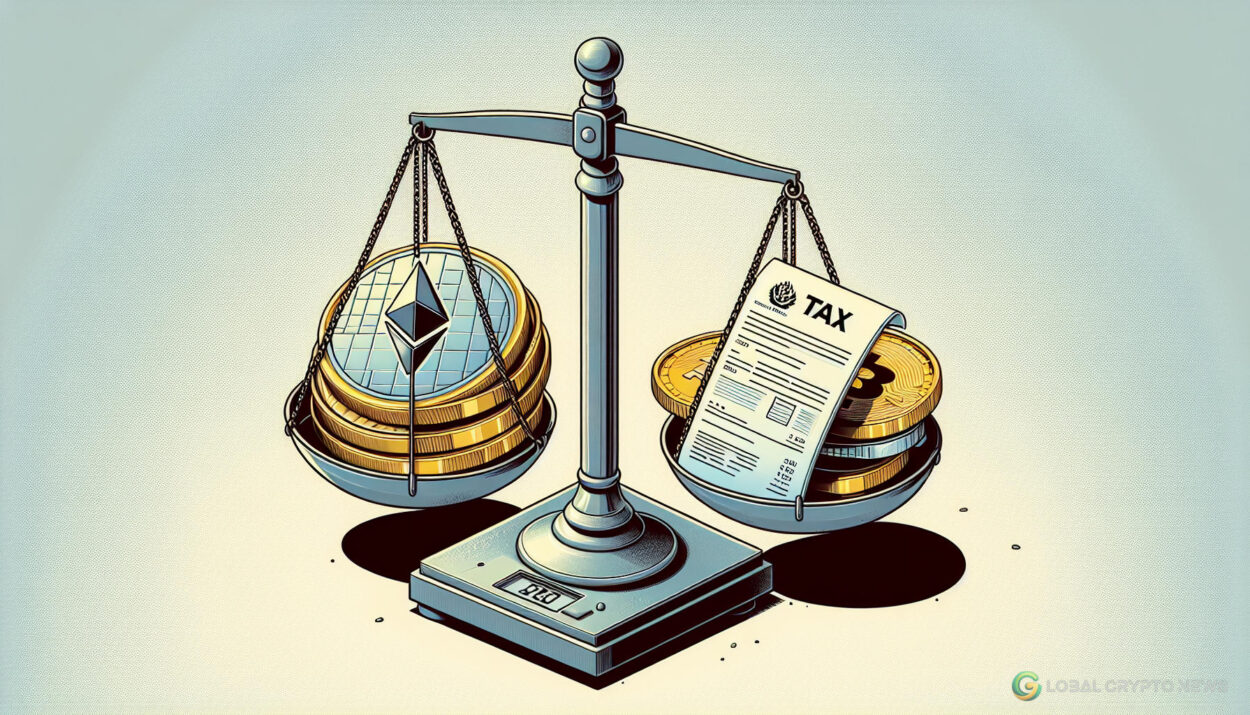India’s Financial Intelligence Unit is seeking to recover approximately $345 million in goods and services tax (GST) from seven foreign cryptocurrency exchanges that have operated in the country. These exchanges—Bitfinex, MEXC Global, Kraken, Huobi, Gate.io, Bittrex, and Bitstamp—are currently preparing to present their cases to the regulator after receiving show-cause notices.
The exchanges, which were barred from offering services in India, will have a hearing this week to demonstrate their willingness to comply with India’s Prevention of Money Laundering Act as reporting entities. Compliance with this act involves conducting strict customer due diligence processes and reporting suspicious activities.
Compliance Challenges and GST Liabilities
While adhering to these requirements is crucial, it alone will not guarantee the exchanges’ re-entry into the Indian market, which is one of the world’s fastest-growing crypto economies. India ranked first in the 2024 Global Crypto Adoption Index by Chainalysis, showing increased usage of centralized exchanges.
The exchanges will also need to pay fines, determined based on their submissions to the regulator. The Financial Intelligence Unit expects to collect approximately INR 2,900 crores (around $345.09 million) in GST from these seven trading platforms.
The GST is a comprehensive indirect tax imposed on the production, sale, and consumption of goods and services across India. Foreign entities operating within India are required to register under the GST framework and pay the applicable tax when offering services to Indian customers.
Additional Notices and Compliance
The Financial Intelligence Unit calculates outstanding liabilities based on the transaction fees collected from Indian customers before the December ban. For example, Binance was asked to clear $86 million in pending GST after completing registration and paying a $2.25 million fine to resume operations.
The GST authorities are also considering issuing notices to other foreign cryptocurrency exchanges that have operated within India. This ensures all entities meet their tax obligations and align with India’s regulatory standards.
However, it may take some time before these exchanges are allowed to resume operations, even if they agree to meet all regulatory demands, clear penalties, and adhere to stringent compliance measures. This process could extend until March 2025, according to previous reports.
Stay updated with the latest developments in the cryptocurrency world on Global Crypto News.
























